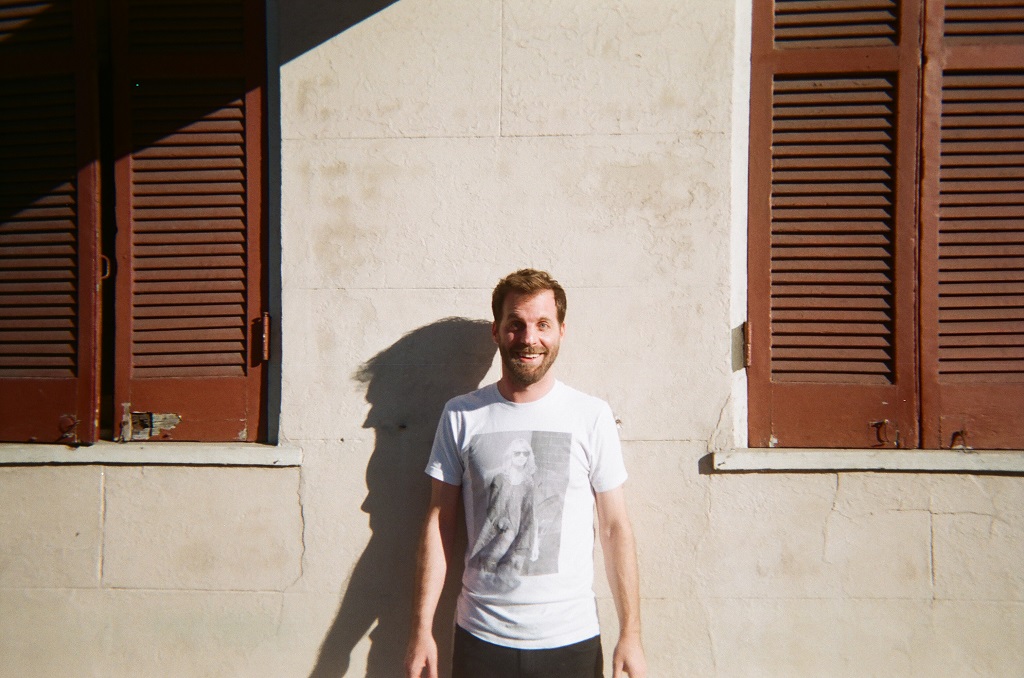
Let’s rethink this phrase: “I could really use a drink.”
I mean, after talking to Mark Schettler—bartender and general manager at New Orleans’ Bar Tonique, president of the New Orleans Chapter of the United States Bartenders Guild, and total effing babe—you’ll probably rethink everything you’ve ever thought about bars, bartenders, and imbibing, anyway. But even if we just take that simple, oft-repeated phrase and tear it apart, what are we really saying? We’re saying we need relief. We need a moment to connect. We need help rising above. We want to smile. We need a way to let go. Mark knows all of this, and he has selected this one vessel—a well-prepared, transcendent glass of something boozy—as his way of making that small daily impact, that elusive incremental change, real.
Mark got his first taste of bartending while he was living in Chicago, though he now refers to this as “club-tending,” a whole different animal from what he does now. He moved to New Orleans about six years ago to learn craft cocktail bartending, and learn it he did. I could go on with the whole story, but maybe I should just let his recent bio from a guest bartending shift say it for me:
“My name’s Buck, and I’m here to— wait, wrong bio. My name’s Mark, and I’m here to make drinks, hand out some high fives, and share a few laughs with you doggies. I’m President of the NOLA chapter of the USBG and Bartender and GM of Bar Tonique, the French Quarter’s oft-imitated, and…well, let’s be honest, sometimes duplicated craft cocktail dive bar. I enjoy being friend to man and beast alike, really hate writing bios, and endeavor to live my life in these wise words of Abraham Lincoln: ‘Be excellent to each other, and party on dudes!’”
This badass babe runs from one thing to the next with a work ethic, creative impulse, and desire to do good that I truly admire. Just since we spoke below, he’s been doing the damn thing at Tonique (with Carnival season underway), gearing up for the US Bartenders Guild Southern Regional Conference his Chapter will be hosting in April, guest bartending in Singapore, and developing and teaching master classes to fellow bartenders…just to scratch the surface. All the while, he’s been doing more than pouring drinks (although you’ll find out below, there is no such thing as just doing that for Mark). He went on a mini charity guest bartending tour across the South, from Birmingham and Chattanooga to LA. His guest bartending shift in LA was for a charity called Strength United that works with survivors of sexual assault and their families. In New Orleans, he’s been working with the Sexual Assault and Response Team (SART), organizing fundraisers and even working on a seminar, associated with the April conference but open to the public, about sexual assault prevention in bars.
Join us as we talk about infusing your purpose into your work, figuring out what it means to find your calling, discovering the invisible infrastructure behind our everyday moments, bringing out the best in others, and…oh yeah, we talk a bit about drinks and stuff, too.
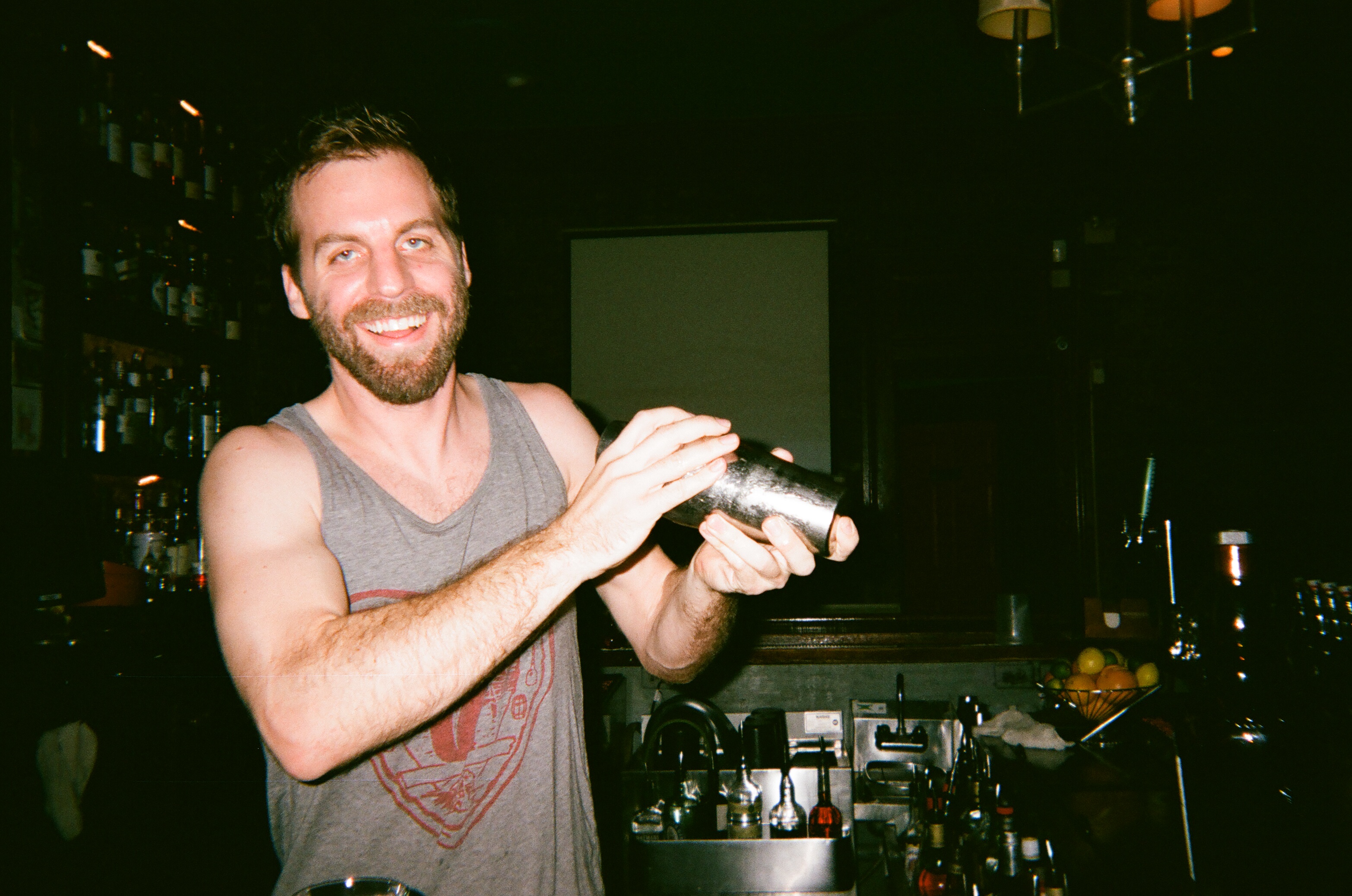
Mark behind the bar at Tonique. Photo by Kayla Wroblewski
You are a part of this next-level world of bartending that I had no fucking clue existed until you got into it. You are a part of a bartender’s guild. You’re going to and teaching classes for bartenders, participating in these huge industry events like Tales of the Cocktail…all of this stuff. To the average person, like me, who’s just sitting at a bar, getting wasted, it’s unfathomable that there’s this whole study and structure going into my cocktail, you know? There’s so much behind the curtain! [Laughs]
I know, totally, totally. Before I transferred to art school, I was doing urban studies and urban planning, and I remember being so fascinated by all that because it was like, “Wait, somebody is thinking about the width of the sidewalk and how big each concrete slab is between seams and how much load it can bear and how far down the pipes need to be…?” Like, all of these insanely minute details that, if you aren’t in the business of noticing them, you never would. But somebody thinks about all of those things. You move through the world without ever realizing that there’s this invisible infrastructure that is behind everything, and there’s a hand that put it there, that touched it. Years of academia and research and brain trust came together to deliver you that slab of sidewalk. That’s fascinating, you know? I think that is a parallel, for me, to bartending.
I remember years ago, 2010 I think it was, this “Pioneers of Mixology” event came to Chicago [when I still lived there], and I snuck into the seminars and people were, like, slapping mint leaves and sniffing them. I was like, “What the fuck is wrong with these people?” [Laughs] Is this a weird fetish thing that everyone is doing, you know? [Laughs] They were talking about ice and the different ways that it freezes and mindfulness as a bartender and how that relates to your outward interaction with guests. It’s like…what the actual fuck? [Laughs] I mean, I was just this wet-behind-the-ears club bartender trying to nail an 8-count. But then you get into it, and you realize there’s a whole fucking invisible infrastructure that goes into all of these moments and people don’t realize it, and they’re not supposed to realize it. It’s the same thing as the sidewalk, right? If you’re not interested in knowing about it, you’re not supposed to know about it. And it’s not about, like, keeping something secret. It’s just like, “We’re doing this so you don’t have to.”
When somebody comes into the bar and says, “I want something with vodka that’s not too sweet.” It’s like, okay, that means nothing, but I know two other questions that I can ask you that you’ll be able to answer with extremely limited knowledge of what I am going to be delivering. But then it’s my job to know how to give you what you want, not yours. People in the bar will say things like, “Sorry I don’t know this.” What I always say to that is, “It’s not your job to know this stuff. What do you do for a living? I’m sure I know fucking zero about that, and if I was in your workplace, and you were explaining, like, maritime law, I’d be like, ‘Woah, that’s crazy. I never even thought about that!’” It’s my job to know this shit so you can just sit back and have a good time.
And to continue the sidewalk metaphor, in the service industry, when it’s working well you don’t notice it, right? Like, you only notice the sidewalk if you trip.
Certainly, yeah. I definitely come from that school. But there are definitely schools of thought that take different approaches. A lot of our dining traditions come from a European style, and in many ways they’ve evolved into a specific American approach, right? But if you go to a Japanese bar or a Cuban bar or an Italian bar, you would not be experiencing invisible service. Part of what they would be giving you is a big show, so while there certainly would still be part of the service that was invisible—like there’s a science behind how you write a menu and how you design an entry to your business—the style is not about what we call “invisible service.”
The American style of fine dining certainly is towards that, though. It’s preemptive service where the catchphrase could be, “Stay two steps ahead of your guests at all times.” Like, I can see that you’ve opted to eat this potentially messy dish in the messiest way possible, and it’s a spicy dish. So if you get up and go to the bathroom, I might get an opportunity where I could swoop in and swap in a fresh napkin on the back of your chair, and I need to make sure that my back waiter knows to keep a close eye on your water. And you don’t ever need to think about those things because I’m doing it for you. I’ve thought your dining experience out so many times that I know anything that you’re going to experience, and I’m going to address it before you even knew you wanted me to.
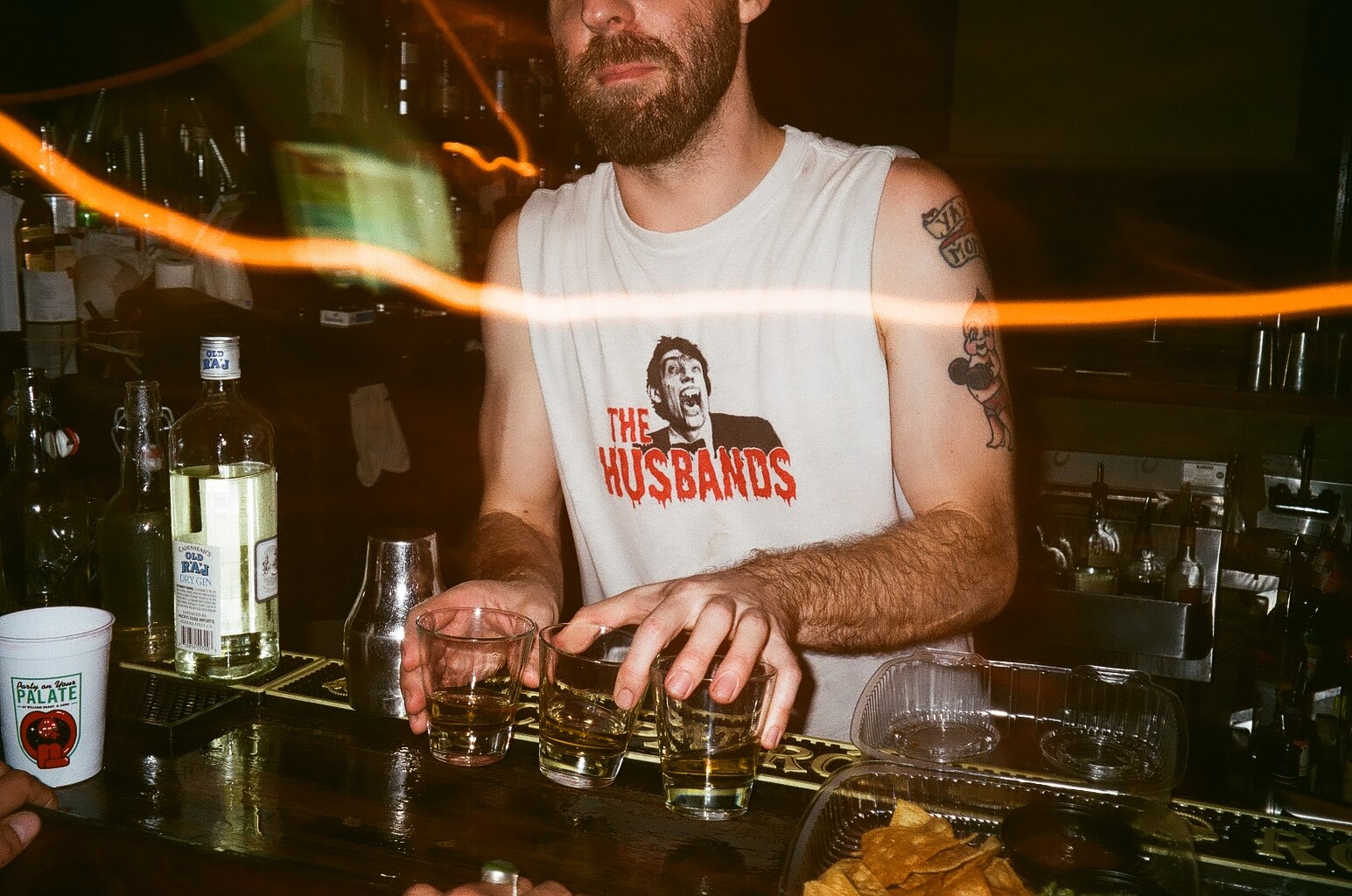
Photo by Maggie Morgan
That’s crazy! I mean it’s such a watchful, hyper-on-it way to have to be at work, you know? To have to be that observant and that focused on that many people at once to do your job well.
I mean, in a bar a lot of that preemptive stuff comes into play where it’s like…when you come into the bar, I make eye contact with you. I say hello. There are a lot of reasons to do that. I do it so I can immediately get a read on who you are. I mean, in my bar on Rampart Street, I need to know if you’re coming into the bar to fucking steal someone’s purse, you know? Or I make eye contact and can immediately tell, holy shit, this group’s already drunk. Okay. I need to make sure that, in the next 15 seconds, I get them somewhere in the bar that is going to be their space so that everybody else in the bar who isn’t drunk knows this new group isn’t going to just be wandering around, potentially fucking up their good time. I’m going to find out which one of them is the most in charge of the situation, and I’m going to drop menus on them and see how they react to that, see who is and isn’t able to engage even the idea of looking through a menu. I’m going to take control of their evening, in the most hospitable way I possibly can and in a way that isn’t going to interfere with everyone else. That’s a bartender’s immediate, unconscious thought process. I mean, none of those calculations are even conscious. You just spring to action down that path.
Or, I can make eye contact and see that this person’s never been in this bar before. They’re looking all around, and they’re overwhelmed. They don’t know what to make of things or where to settle their focus. I can make sure that I get them a good seat and drop some menus on them and be like, “Hey, have you guys been here before? Oh, cool! Here’s what we do. My name’s Mark. I’m here to make sure you get through this absurdly huge menu with a drink that you like. Holler if you need anything. I’m just going to go finish this round over here.” And like, okay cool, now they’re comfortable here. They are taken care of and welcome to be who they are, in the context they’re in. Or, hey, it’s a regular. I’m going to pour a shot, and we’re going to take that right now, and then we’re going to move on.
And then I know how to immediately start tailoring the evening for the course of the hour and a half or whatever that I have them, whoever they are. You don’t know that those are the reasons that I looked up and said hello. I mean, it’s also just to make you feel welcome, and that’s the nice thing to do when someone comes into your party. And legit there’s still even more going on in that moment that I’m not going to bore you with! So, you know…that is the first five seconds that you walk into my bar, and we set up the well at Tonique so that it faces the front door. We are ten feet from the front door, and we are facing you. No matter how busy it is, I’m the first thing you see when you walk into my bar. And that’s very much a conscious decision, you know? So within those first five seconds, there’s already been this invisible infrastructure put into place to make sure that your night is going to be the best that it possibly can be. The first slabs of sidewalk are laid, and we move forward from there.
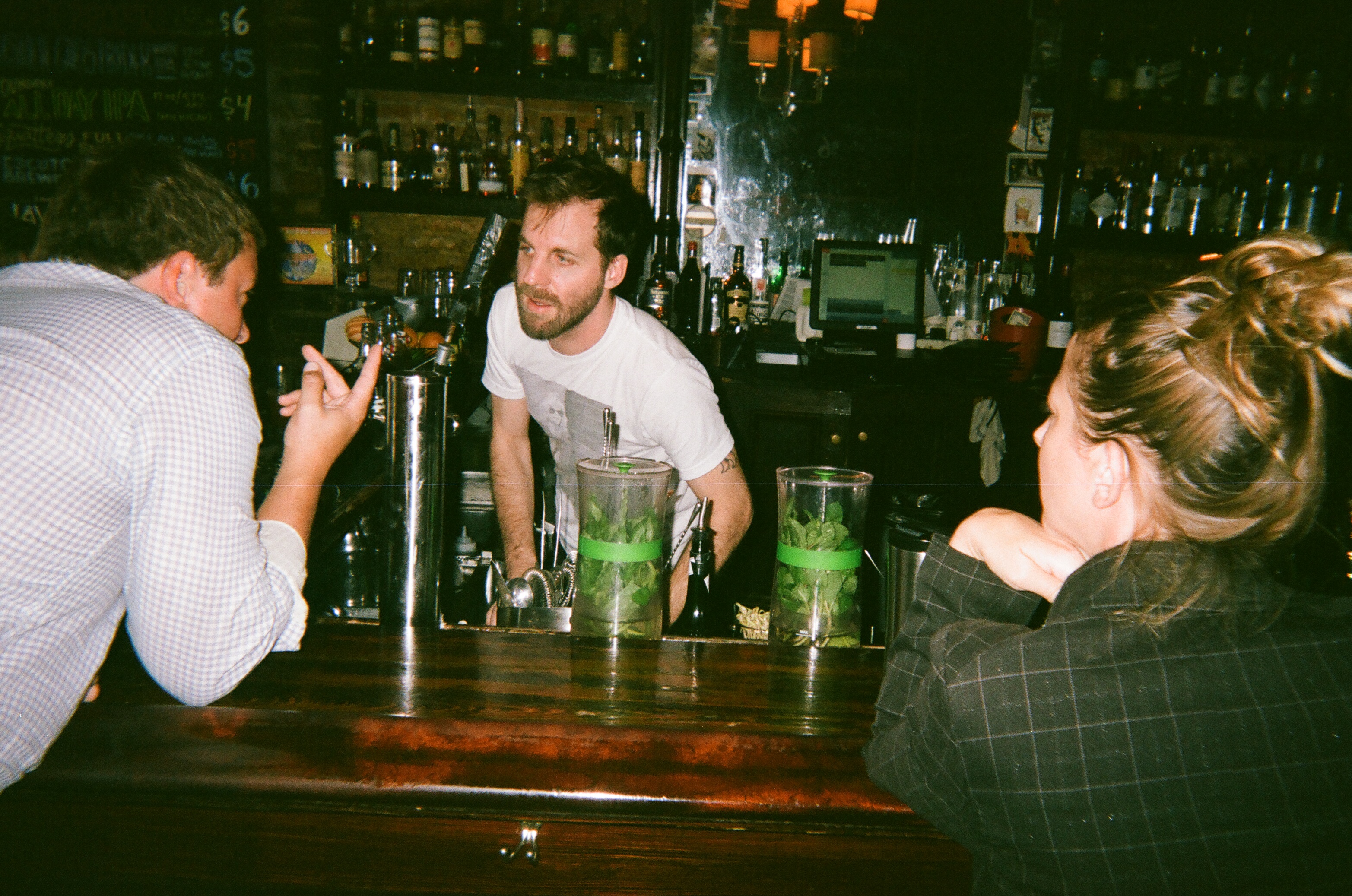
Photo by Kayla Wroblewski
Just hearing all of this thought and heart and responsibility that you put into every action and every moment in your bar makes me feel like a total asshole for every time I’ve been way too drunk in your bar, Mark. [Laughs]
No, no, no. See what you don’t know, though, is that with a good bartender, you are safe, and you are under control, no matter how drunk you are. I am guiding you through that night. I want you to come in and get the best version of my bar for you. If it’s not that, it’s a vending machine, you know? You come in, you sit down, you get this, you get up, you get out…that’s not what this is. Come in and get as drunk as you fucking want to and know that a good bartender is taking care of you and letting you do that…or don’t know that, but a good bartender knows that they’re doing that, too.
What we sign up for is that if you come into this bar and abide by whatever the house rules may be—and they just so happen to be in my bar: don’t break anything, don’t piss anyone off, pay for everything, and the overriding rule of living in New Orleans, be nice or leave. If you can do those things, I will take the first three steps towards you, you know? But it’s not my bar— it’s your bar. Come get as drunk as you’d like to or not like to, it’s yours, leave it to me to keep you safe and happy within that context.
There are a million reasons that people come into a bar to get fucked up. Sometimes it’s bad reasons, right? Sometimes you want to get fucked up because you’re just that kind of an alcoholic, and then I have to manage it in a completely different way. Sometimes it’s a celebration, sometimes it’s mourning, sometimes it’s just to have that “Third Place” that isn’t home, isn’t work. Or a business meeting, or a date, or a night cap, or whatever. A good bar belongs to the guests and the community that it’s a part of. Leave it to us to find the good in you and let you leave a happier person.
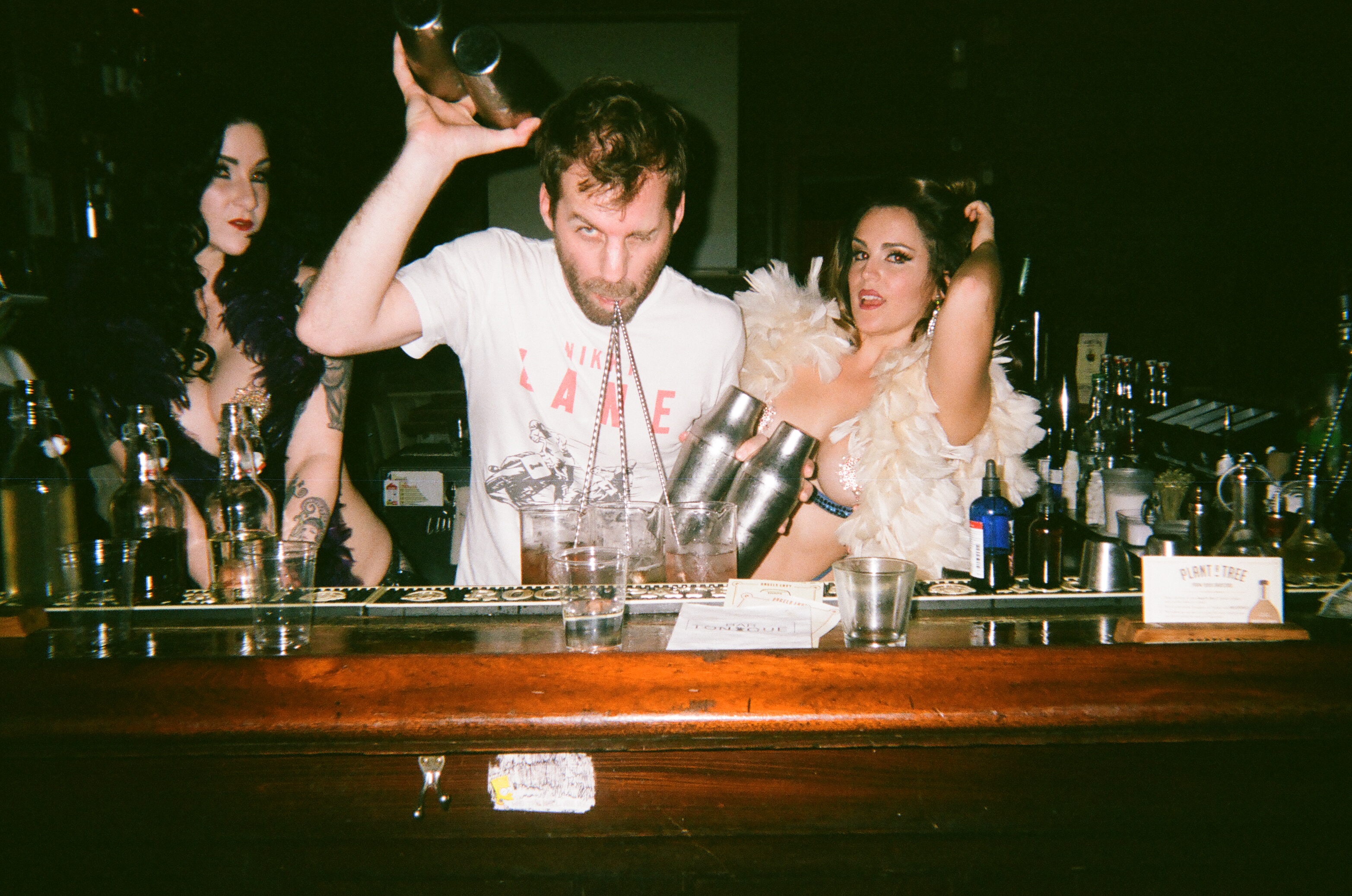
Mark on a Wednesday. JK kinda, but it’s New Orleans guys. Photo by Kayla Wroblewski
This is all very interesting to me because, at your bar, it’s obvious that you guys pay individual attention to the drinks themselves. They’re beautifully crafted, unique, and totally cared for, and you can tell. But it’s a whole different thing to know that you’re actually doing your best to tailor yourself and your bar to each individual guest and take on the responsibility for all of the people in the bar. It’s kind of mind-blowing to me. I sort of wonder if it’s related to how we expect everything to be tailored to us now, that culture? Plus, like, that’s really intense! Does that burn you out?
Well, look, I can’t be a firefighter and a police officer and a doctor and a nurse and a politician and a garbage man and a mailman, but one thing that every bartender can do, and it’s a fucking privilege, is every Friday night, we can make sure that all of those people are ready to go out and save the world again on Monday. And that’s…that’s powerful. If other people choose to not think of it in as lofty terms as that, that’s fine. I hope, at least, that if you work with me, you think about it that way. It’s a privilege, man.
And look, I’ll tell you that one of the things that makes this job, on a macro scale, easy is that everyone is the same. Everyone wants the same thing out of their life. Everyone goes through their daily life with the same goals. Now, the actual manifestation of that is totally skewed and different for everyone, but everyone, basically, as a sane human, wants to be happy, validated, fulfilled, to do good and be valued. Those are the things that pretty much everyone wants. Context is different. The way that it manifests on a smaller scale is different, but on a larger scale, you, as a bartender, can find a way to relate to anybody because everybody wants the same thing. Finding a way to deliver that is where the fun comes in. That’s where the focus on individuals enters the conversation, and where it gets challenging.
This is kind of the master level of bartending, but I think that when you get to be really good at it, you’re finding these moments where you are not only giving people a good time, you’re finding the good in them and bringing it out. Those are the really beautiful, rewarding moments. When somebody comes in, and they’re being a really shitty person, but you’re able to look at them and find their good, and in the course of their evening, pull it out. That’s when you’re really fucking doing something. I’m not saying I’m an expert at doing it, but it’s an ideal to work towards and when you pull it off, holy shit, man that shit feels wonderful. So I don’t know the extent to which it’s a sort of generational, “me me, gimme gimme,” thing, as much as it’s that bars are once again setting themselves up to emphasize something that people just didn’t know they might have been missing. Or, I don’t know, maybe not, maybe it’s a chicken or egg situation, who can say. [Laughs]
Everybody’s just trying to fucking get through life in the best way that they can, down the best path that they’re able to cut for themselves. And, you know, that’s hard! Really fucking hard! Having that outlet and that place where you can come and be cared for and not have to think about those things or to think about those things—to not talk about those things or to talk about those things, you know? That’s really, really valuable. And it’s a privilege to provide a venue for that.
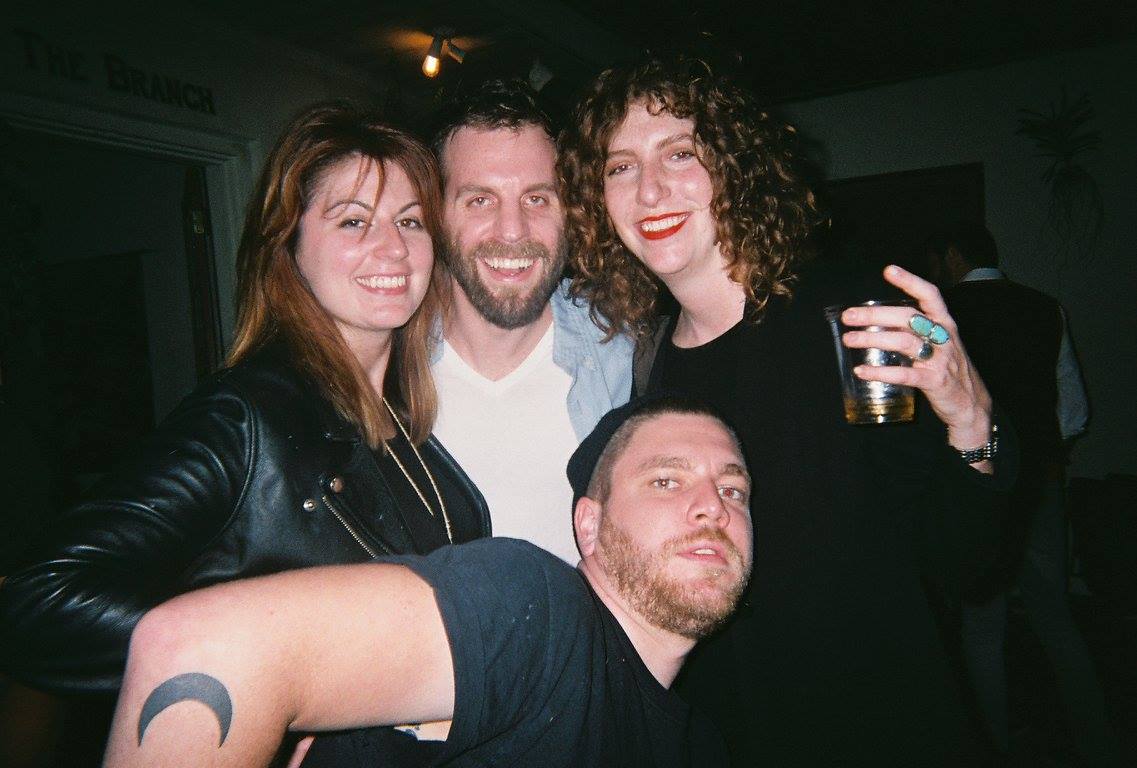
Us cheesin’ at the Tonique holiday party.
When I first met you in art school, you were in the writing program. Our mutual friend, Kayla, told me that when you first moved down here, it seemed like you were still viewing bartending as sort of a temporary job. Maybe you still had writing in your mind as your ultimate dream of what you would be doing? She said that it seemed like, once you let go of that other dream and gave yourself totally to bartending, your world embraced you and you were able to achieve so much, so quickly. Does that resonate with you? How did you make that transition between dreams?
Yeah, that definitely resonates with me. I mean, I miss writing—like a girl came in and sat in the bar recently, and she had Barry Hannah’s Airships with her. I don’t know if you’ve ever read that book?
Un-uh.
I hadn’t read that book in…seven years? Eight? But was able to sit there and break down sentences and nerd out so hard, and I hadn’t done that in years, and it was really…I mean…it felt so beautiful for me. It was like, “Wow, that’s still there, and there’s still an amazing feeling that I get from it.” I still try to make sure that I’m reading poetry, and it’s still rewarding. I finally got around to writing one that I’ve been chewing on since before I moved here, and that was almost more of a relief than an accomplishment, to finally get it right, or right-ish, and to also demonstrate for myself that it hasn’t all gone away for good.
At any rate, I definitely think that what Kayla saw is true. I think that the positive spin on that is maturity, right? As time goes on, you learn who you are. Or you learn how to better navigate who you are. What defines your sense of self starts to expose itself to you more and more. Some people we went to school clearly define themselves as artists and creators and producers of art, of things. That is an internally vital thing for them. For me, the need to create tangible things is not there. What I want to do is improve the lives of anybody who my own life touches.
Amen.
And it’s not to say that the things that I value are things that other people just don’t care about at all. It’s just that, for me, certain things are number one and, for them, maybe they’re number three out of 10. So, anyway, I think that what I finally discovered was that, for where my path has led—and not to be so passive about it, I have certainly cut that path—the best expression of my values and the best foil for how I want my life’s work to be applied to the world I live in just so happens to be bartending right now. It wasn’t about coming to terms with not writing, it was about coming to accept what I want my life to be a vessel for, and then finding what tangible acts can be in the service of that. And it so happens that right now that’s bartending.
But there was a moment where I needed to come to terms with what it was in my heart that was asking me to do this, and figuring out if I should keep [tending bar] or should I leave and do something else. It was about how to either reshape what the job is for me, or walking away. And I would have never come to these conclusions and been able to shape my own place in the business without that. I don’t feel like I was ever trying to force a square peg into a circle. It was about making sure I was actually giving it a fair shot and saying, “Well hey, there is something that feels right about this, so before I decide that this might be a square peg in a circle, let me make sure I’m looking at this peg in the right way, and at that cut-out in the right way.” Then I finally discovered a way that fit the two together, that was perfect. 13 ways of looking at a bartender. [Laughs]
Wow, I think it’s really special what you’ve found and what you’ve been able to do with this job. I’m really excited for you!
Well, I’ve thought about it, and I’ve articulated it, but everybody on earth is trying to do the same thing with their work. Everyone.
Yeah, everyone’s trying to do it. But like, you’re doing it!
Yeah, but let’s make sure that doesn’t go without being said. Everybody has that calling, and if you ask anybody, “Why do you do this thing that you consider your calling?” In one way or another, they’ll repeat what I just said. But like, isn’t that beautiful, though? This is nothing special. Everybody does this. And what this is could change!
It’s true, but I’ll just say this: the key thing you said is people who feel like they’re doing what is their calling, and not everyone is doing that. I think we’re all, as much as we can, given our life conditions, working to find that, but it’s still worth it to have a moment to appreciate it when you do find it.
Oh, well maybe I just don’t take compliments well. [Laughs]
You’re going to take this damn compliment, Mark! [Laughs]
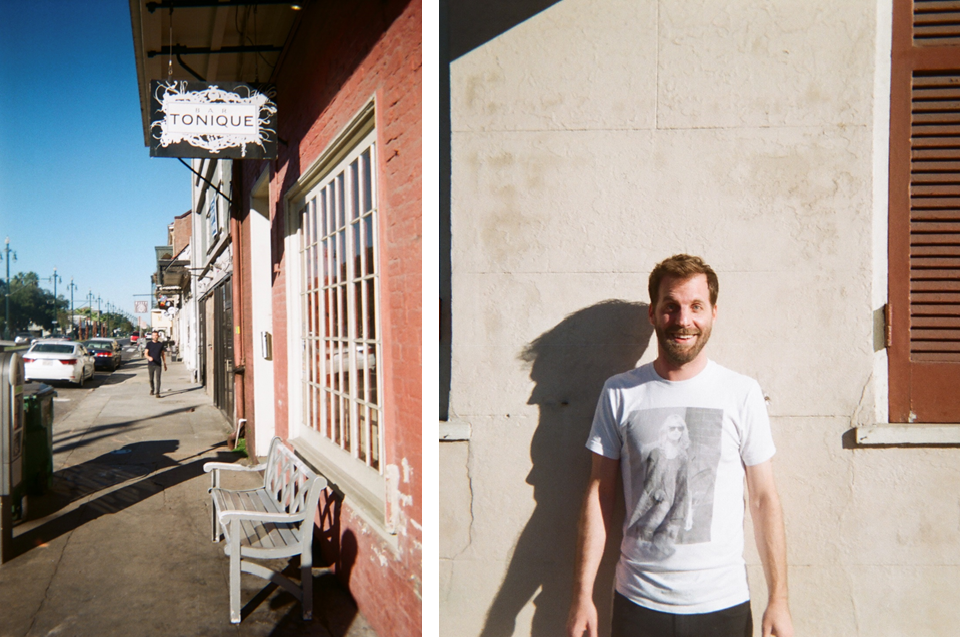
Outside Tonique in the French Quarter. Photos by Kayla Wroblewski
There’s one question that we ask all of our babes about success that seems appropriate to ask now, which is: how do you define success, and do you consider yourself successful?
Like, how do I define personal success for me or how do I define success as a human person?
I mean, if they’re different, please expound on that, but generally speaking, personal success.
I think that the problem for me to say how do I define success is that the way that I hear that word is as a flag in the ground that says, “On this day, I achieved success,” and I don’t look at my life that way. The whole thing is just an arrow in time, and one day it will stop. Until then, you just keep doing good, and that’s really it. I mean, you can have failures along the way where you tried to do things that you wanted to do, that were important to you, and they didn’t happen, but failure’s also kind of a weird word to use, too. For me personally, I’m not trying to achieve a success. There are small things that I’d like to do, but they’re fucking trivial and it doesn’t really matter if they don’t happen. All that matters is that the path of doing good is one that I stay on, and that I’m always moving further down it. So I don’t have an answer, personally, for that.
But I can say that I am happy with where I’m at with what I’m trying to do within my life. I think that’s as carefully as I can word that, right? Because I don’t know what I could ever say that could qualify as successful, I don’t know that I could ever say that I feel like I am successful and am achieving that success… well, maybe I can say that. I can say that I am pleased right now with the progress I’ve made and would seem to be lined up to continue making. But that’s all it is, though, it’s just progress towards continued success. It’s like a bunch of little things that are successes that are all achieving good, and one day you run out of chances to do that.
You can find Mark Schettler behind the bar at Tonique in New Orleans or on Facebook and Instagram. Find out more about the US Bartenders’ Guild here.

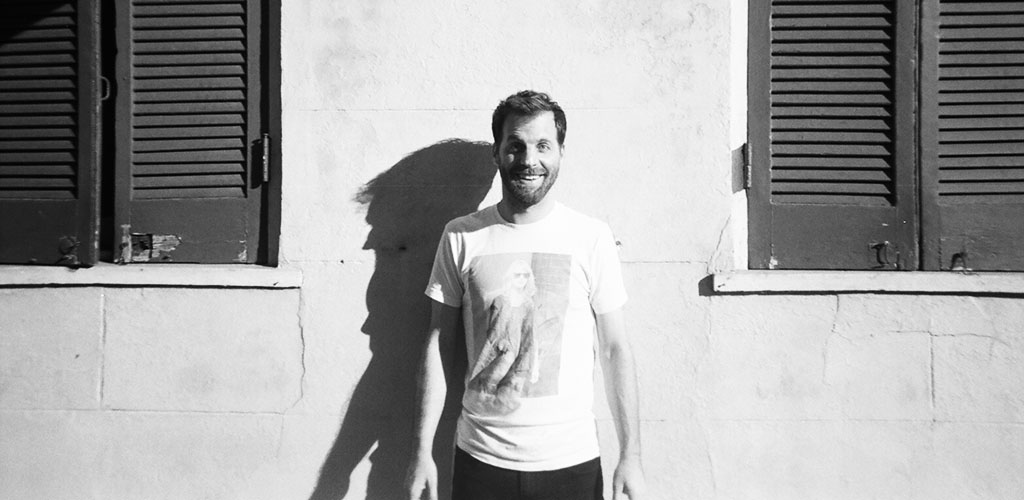
No Comments